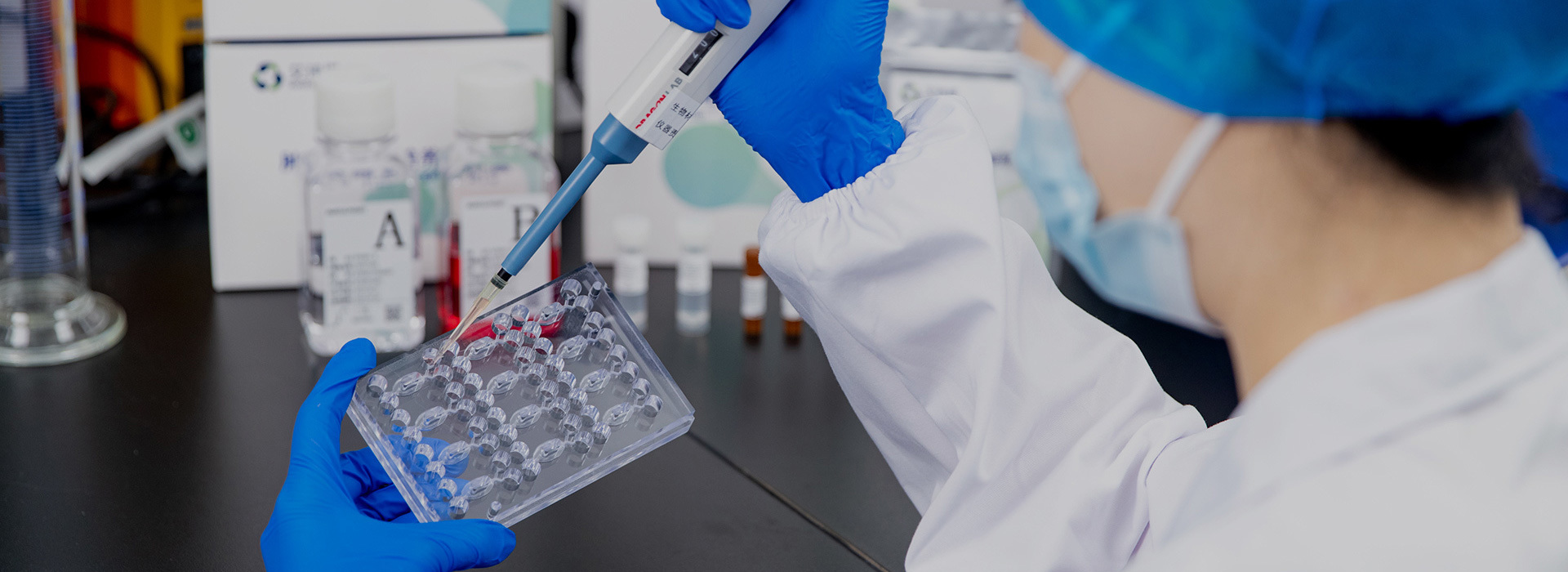
OoCs
Build the whole industry chain ecosystem of organ chip technology, insight into the mystery of life science, help medical science and technology reform, and meet the individual needs of patients.
Recent news
©2023 Jiangsu Avatarget Biotechnology Co., Ltd. All rights reserved Website Construction:China Enterprise Power Kunshan SEO
Business License
We use optional cookies to improve your experience on our website, including through social media connections, and to personalize ads based on your online activity. If you refuse optional cookies, we will only use cookies that are necessary to provide you with the services.Privacy Statement




